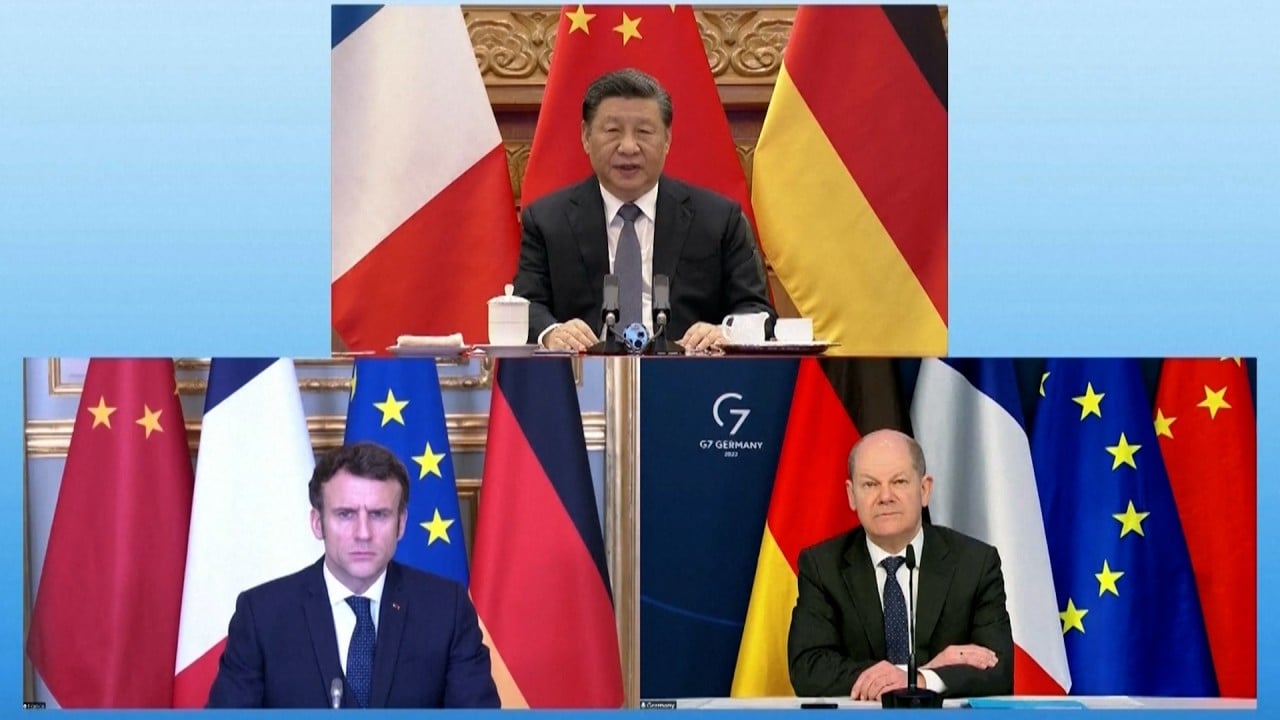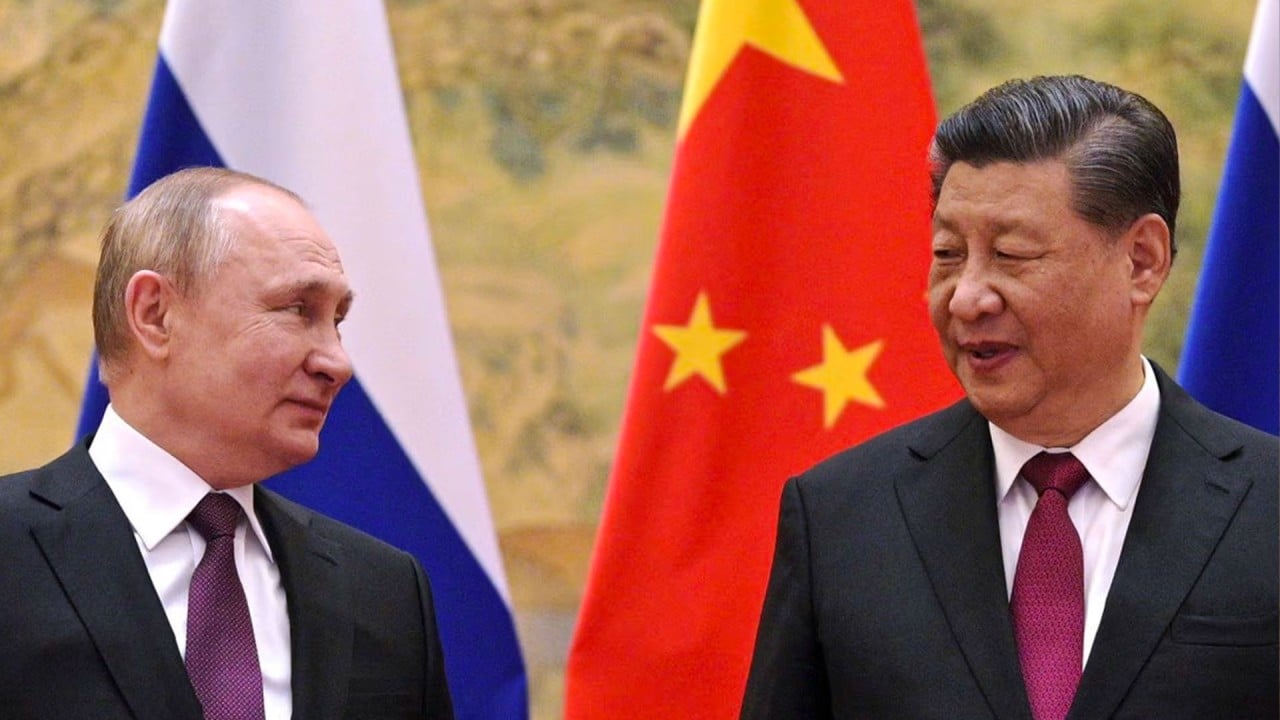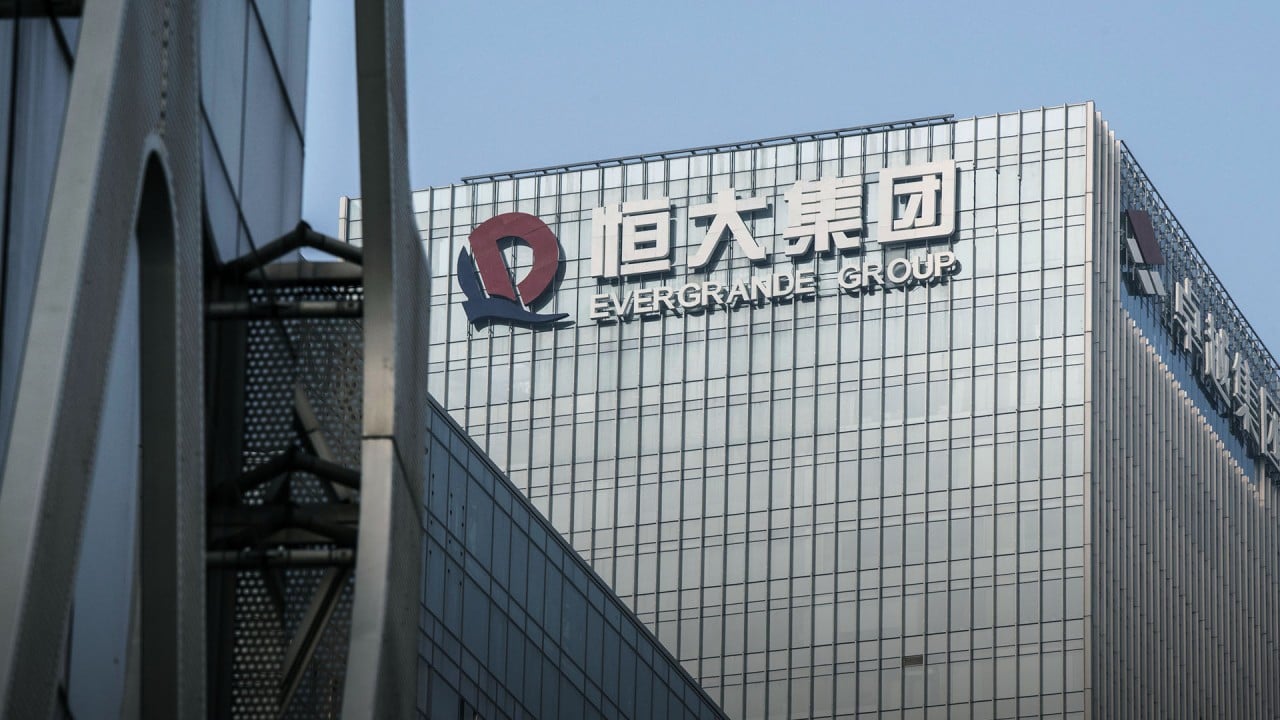
Where does war in Ukraine and a troubled economy leave China’s common prosperity goal?
- The campaign to address gaping inequality by reining in market freedom was at the top of Beijing’s agenda last year
- But as new Covid-19 outbreaks and Russia’s aggression threaten to slow China’s already sluggish economy, undoing decades of economic reform is fraught with risks
While the weighty documents and lengthy speeches hardly mentioned the pandemic, and did not mention Russia’s war at all, China – and its already troubled economy – is undoubtedly being rocked by both.
That did not happen. Instead, China’s leaders made only brief and patchy references to “prosperity for all”. In the face of internal and external instability, China’s leaders seem to be recalibrating their priorities.
The main goal for the year, policymakers concluded, should be “stability”. Specifically, they sought to limit contagion from the weakening property sector and resist the temptation to overstimulate the economy.

So, the common prosperity campaign has been sidelined for now. Nonetheless, it is likely to remain a totem for Xi, as he pursues his goal of making China a “great modern socialist country” by the time the People’s Republic celebrates its centennial in 2049.
Success, in the Communist Party’s view, requires addressing the adverse consequences of 40 years of single-minded emphasis on economic growth, which have left large economic and sectoral imbalances, as well as yawning income inequality and deep regional disparities.
If ignored, the party fears, these problems could endanger social and political stability. But rather than addressing them as a Western democracy might – with social welfare policies – China’s government is mounting a political campaign to mobilise people behind policies intended to produce a fairer distribution of income.
Does China’s goal of common prosperity leave room for the super-rich?
China’s recalibration of industrial policy and corporate governance may well rein in some private-sector excesses. But, by asserting the political control it craves, the party risks destroying the incentives for the innovation and productivity that China needs.
Common prosperity denies the market-oriented policies that have enabled China’s rise and marks the formal end of the era of reform and opening up launched by Deng Xiaoping.
But at a time when Covid-19 border controls and perceived complicity in Russia’s aggression are already threatening to exacerbate China’s isolation, the common prosperity campaign is at risk of being undermined at home and overtaken by events abroad.




